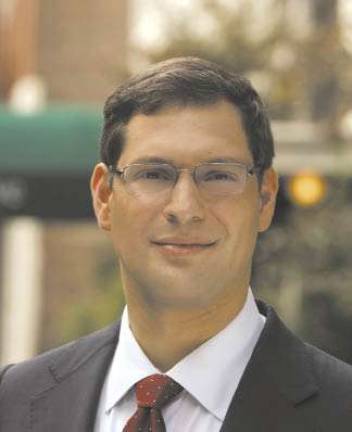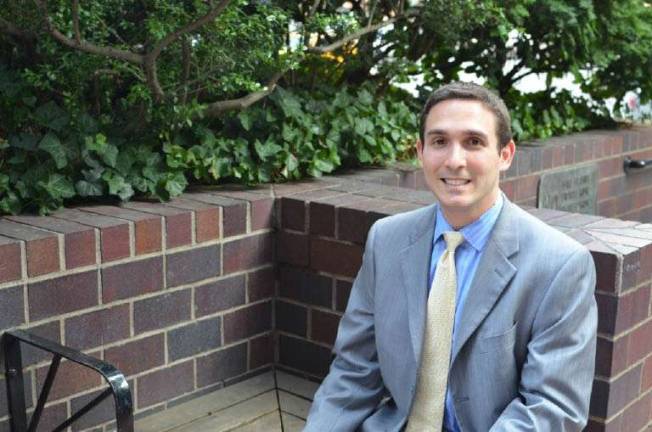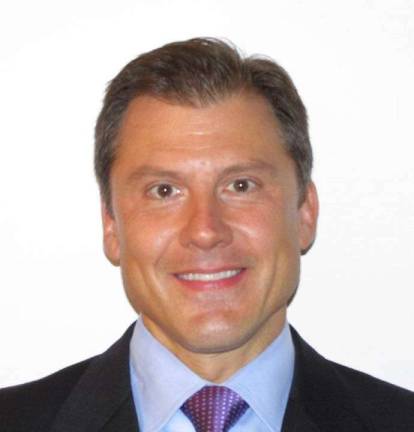What happened to Micah Kellner?



One-time Democratic front-runner raised eyebrows for spending, attack ads
Five months ago, Micah Kellner was a shoo-in for the city council on Manhattan's Upper East Side. Embraced by the city's Democratic establishment, including outgoing Council Member Jessica Lappin, the 34-year-old state assemblyman had every hallmark of a rising star.
Then, in late-July, Kellner's campaign was derailed when sexual harassment allegations made against him in 2009 became public. The allegations cost Kellner almost all of the endorsements he had won -- and lost him the Democratic nomination to rival Ben Kallos, who until then was seen as a longshot.
But despite that loss, Kellner had continued to wage a quixotic ? and at times bizarrely personal ? race against Kallos that finally ended on Tuesday night. Kellner's campaign was run under the aegis of the Working Families Party, which tried, unsuccessfully, to cut all ties to him after the allegations surfaced.
And, he did it all with almost $88,000 in public funds, raising eyebrows among former Democratic supporters who say they're perplexed why Kellner seemed to go out of his way to antagonize a party that had once so eagerly embraced him.
"From what I understand Micah was more lashing out than trying to win," said Michael J. Dillon, vice president of the Lenox Hill Democratic Club, of which Kellner is a member. "He's never seen a competitive election before, and he got crushed."
Lenox Hill endorsed Kellner in the primary. An effort was made to withdraw the club's endorsement after the allegations surfaced but a vote was never called.
Before the general election, the Working Families Party called on Kellner to withdraw and sent an email to members telling them not to vote the WFP line for the 5th District City Council seat. In an email to Our Town the week before the election, WFP State Committee Member Jeff Gold said Kellner had "run a nasty, hateful campaign, and most galling is that he is doing it on our ballot line. Kellner is torching what's left of the respect he has in the community."
Kellner declined to comment on the record for this story.
Several people who worked with Kellner describe a candidate who, though abandoned by most of his official support, remained intent on staying in the race, and seemed personally focused on trying to avenge what he saw as personal attacks from Kallos.
Campaign Finance Board records show that Kellner spent more than $104,000 in a mid-October mailing that attacked Kallos and downplayed the harassment allegations. "You may have heard some unflattering things about me," the ad read. "Only recently, allegations were made about my conduct over four years ago. While these accusations have been grossly distorted and blown out of proportion, I do sincerely apologize for any distraction they may have caused."
The ad goes on to say that special interests manufactured "attacks" on him because he is an outspoken and independent elected official. Kellner's ad concludes by saying, "Please remember that my actions speak louder than the anonymous words of those who wish to ruin me."
Kellner's campaign manager, Bessie Schacter, left soon after he declared his intention to run on the WFP line. It's unclear if Kellner hired a new campaign manager or if he had a spokesperson towards the end of the campaign.
A former volunteer for Kellner, who asked not to be identified, said it seemed clear from within the campaign that Kellner's campaign against Kallos had a personal tinge, and that Kellner seemed to hope he could act as a spoiler to work in favor of the Republican candidate in the race, David Garland.
"Micah Kellner likes to punish people who say 'No' to him," said Dillon. "His goal is to punish the Democrats who rejected him in the primary and throw this seat to the Republicans."
Gene Russianoff, senior Attorney with the New York Public Interest Research Group, said Kellner was entitled to use whatever public funds he qualified for, but that the case could lead to new recommendations for future races from the Campaign Finance Board when it reviews its public matching funds program after the election.
"In December after an election year, the board holds extensive hearings on what worked or didn't work in the program, and then nine months later they produce a very detailed analysis and set of recommendations," said Russianoff. "I wouldn't be surprised if they come up with some recommendations that touch on the situation: How you can run in two different parties in the primary and the general."
When asked if Kellner's candidacy hurt the Democrat's reputation on the Upper East Side, Manhattan Democratic Party Chairman Nico Minerva said it was Kellner's prerogative to run on the WFP line.
"This is the Democratic process," said Minerva. "He qualified to run on [the WFP] line...people have a choice."